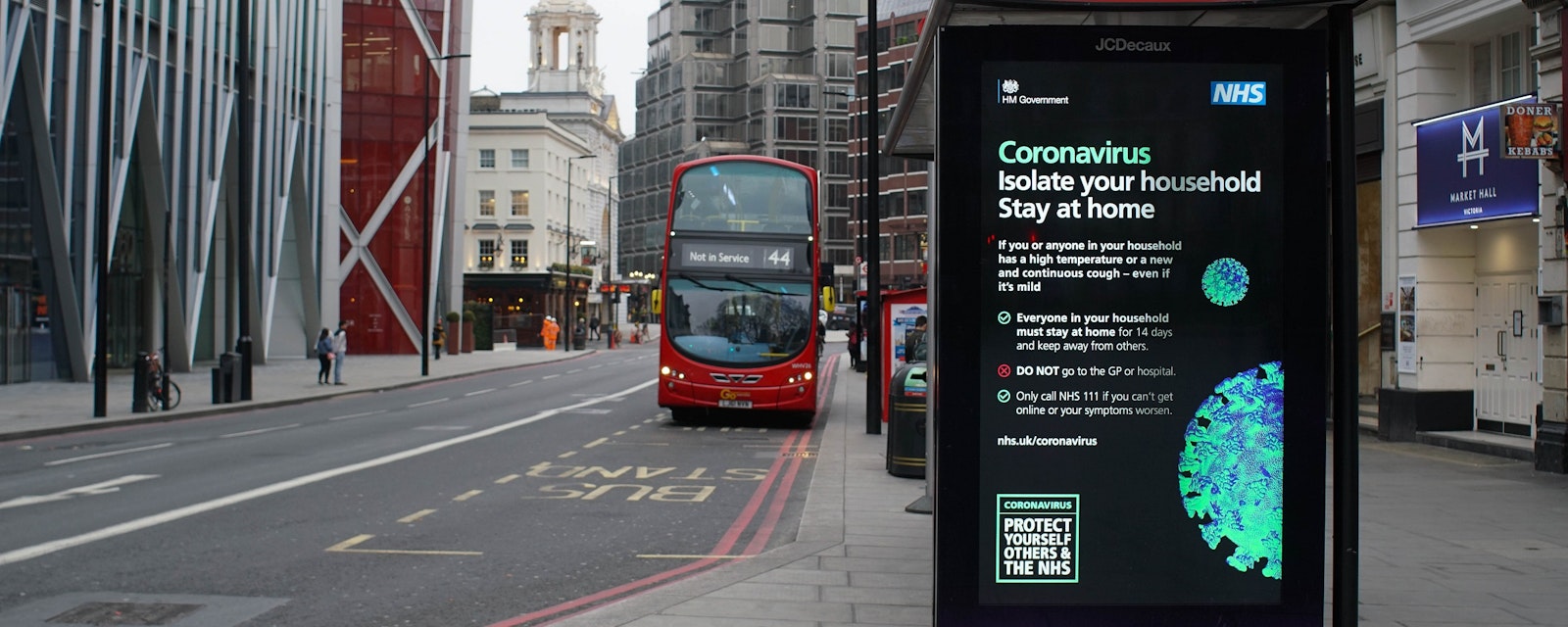Below please find key take-outs from our October 8th panel with Alison Rose, CEO of NatWest; Ruth Sunderland, Business Editor of the Daily Mail; Anna Hill, General Manager of WW (Weight Watchers) UK; Amber Rudd, former Home Secretary and Senior Advisor; and chaired by Principal of Teneo’s Situations and Politics practice and former Downing Street Director of Politics and Communications, Craig Oliver.
Key Takeaways
- Covid-19 continues to cause uncertainty for businesses across the UK and beyond, forcing them to adapt and redesign business models, ways of working and engaging with customers. In just a few days, at the start of March, businesses up and down the country transformed themselves from physical business into digital businesses. Not only did this represent an enormous change for customers who were used to engaging with brands face-to-face, but business leaders had to be particularly mindful to the impact on the physical and mental well-being of their employees.
- Our panelists agreed that purpose-led businesses had weathered the Covid-19 storm particularly well, in the eyes of customers, the media and employees. The media and the public expected businesses to step up and play their part during the pandemic – be that donating resources to frontline workers, or doing all they could to support vulnerable customers. Lots of businesses have received significant financial support from the UK Government, and, as we eventually start to emerge from this crisis, all eyes will be on them and how they respond to the ‘debt’ they owe the country.
- In the political world, the Government continues to grapple with the decision of whether to prioritise the country’s health, or its economy. Rishi Sunak, whilst currently seen as the golden child in the Government, will likely be judged on whether he can stave off a tsunami of unemployment as we head into the Winter. Early projections for unemployment suggested that up to 4 million people in the UK could lose their jobs – any government that sees that level of unemployment will lose popularity incredibly quickly. To compound the situation, one of Boris Johnson’s manifesto promises was to ‘level up’ the UK. However, at the moment, the very parts of the UK that this was aimed at, the North of England, are currently suffering the greatest social and economic impact of Covid-19.
- The centralised nature of the Government’s response was highlighted as a major point of failure. The lack of confidence to devolve decision making to local mayors and health services has not only had a negative impact on the Government’s overall response, but has also led to greater infighting within Government itself. MPs are being increasingly sidelined, with the result being that many have begun to rebel against the Government. The worry for Number 10 at this point will be over whether rebel MPs will stop pulling their punches ahead of some important votes on the 10pm curfew legislation, the agriculture bill and a number of other controversial issues.
- Across the spectrum, from consumers to businesses, these is a sense of fatigue, confusion and a loss of patience with the response to Covid-19 so far. Advice and restrictions are constantly changing, with many businesses investing significant amounts of money to make offices Covid-secure, only to be told that the advice is now not to go into the office. Since March, in general, members of the public have done an excellent job in following the rules, however people are struggling to adhere to the constant rule-changing and expectations being set from Government. It becomes all the more frustrating for the public and business when members of the public themselves either fail to follow the rules or don’t seem to know them.
- Despite all this, our panelists were optimistic about the future. They said that the adaptability and resilience of UK businesses and entrepreneurs – of all sizes – has been incredibly impressive, and that spirit of enterprise will prevail and help the country bounce back.
The views and opinions in these articles are solely of the authors and do not necessarily reflect those of Teneo. They are offered to stimulate thought and discussion and not as legal, financial, accounting, tax or other professional advice or counsel.




